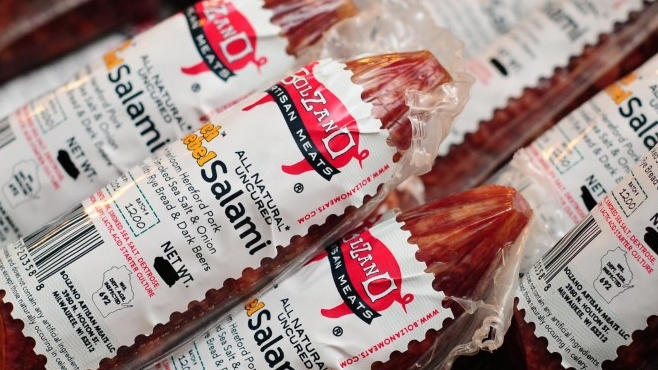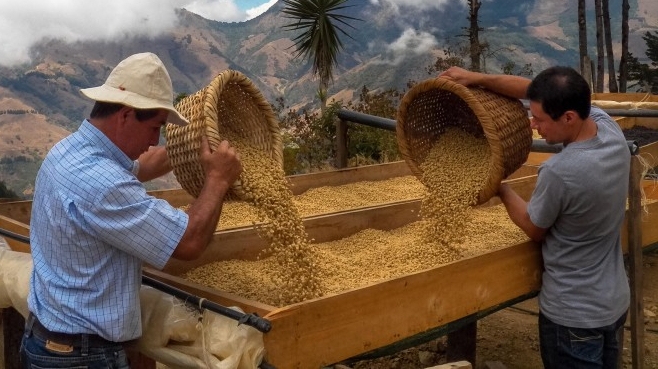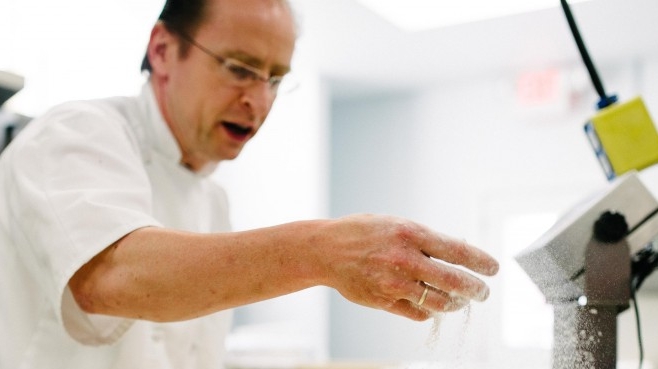In Our Fall 2014 Issue

LETTER FROM THE PUBLISHER
Transformation Taking Root in Milwaukee
Dear Reader,
A transformation is quietly and visibly taking root in the city. Look down—in the shadow of St. Josaphat’s Basilica there are rows of vegetables planted by neighborhood gardeners. Look up—there are rice paddies overlooking downtown on the roof of Marquette University. An hour west, a chef was given carte blanche to create “health care” rather than “sick care.” The result is a massive garden, a retrofitted kitchen, and a highly skilled staff—a revolutionary new recipe that’s turning hospital food into craveworthy restaurant fare. Throughout the city, vacant lots grow lush with plants and previously empty kitchens fill up with people learning the skills to preserve their harvest. Throughout the region, local food entrepreneurs are responding to overwhelming public demand for their goods, and are navigating new challenges in scaling up: sourcing, distribution, and marketing.
Sadly, not all business expansion ends in a success story. In recent months, we’ve seen the closure of Milwaukee’s Bolzano Artisan Meats as a result of a labeling dispute with the Wisconsin Department of Agriculture. Black Earth Meats also shut its doors for the time being, amidst irreconcilable conflict with the Village of Black Earth. A month ago, Andy Hatch of Uplands Cheese Company sent a message to his customers saying that he won’t be producing his seasonal Rush Creek Reserve this year, citing the FDA’s recent shifting regulations concerning soft, raw milk cheeses. This message arrives on the heels of another rule from the FDA that caused an uproar: one that bans wooden boards for cheese aging, a long-held practice in European countries. For all the progress we’ve seen in our local food economy, we have also endured setbacks.
In addition to new and existing regulatory challenges, there’s also the human aspect of food production—individuals falling through the system’s cracks, an uncomfortable reminder that food insecurity is real. Whether actual or just perceived, it touches us all in one way or another. From businesses dealing with rules and food safety to ordinary people dealing with issues of access, there’s an urgent need for more transparency and accountability in all aspects of our food system. It’s important for us to understand how slowly institutions are to adapt. Systemic change isn’t something that happens in a day; rather, it will require consistent effort and a multifaceted knowledge of all parts that make up the whole. It requires us all to buy in.
We see that when institutions and the individuals working within them are open to change and innovation, progress really begins—there is powerful evidence inside this issue. Through understanding and collaboration, we can reach the kind of volume needed to create a tipping point: one that takes local food out of the hands of the “privileged few” and brings it to many, at a price they can afford.
-Jen Ede, Publisher/Editor-in-Chief















